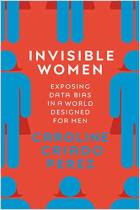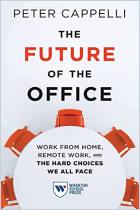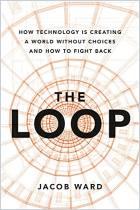
Read or listen offline
Recommendation
Unpaid labor – usually care work, performed by women – could account for between 50% and 80% of global GDP. Yet the contribution and burden of this labor remains largely ignored by economists, policy-makers and society at large. In this episode of Visible Women, host Caroline Criado Perez discusses the economics of care work with professor Nancy Folbre, government worker Khara Jabola-Carolus, and Guðrún Hallgrímsdóttir and Lilja Ólafsdóttir, organizers of Iceland’s historic “Women’s Day Off.” What, Perez asks, will it take to make care work better recognized and valued? Might COVID-19 be an impetus for change?
Take-Aways
About the Podcast
Best-selling author and activist Caroline Criado Perez is the host of the Visible Women podcast, which builds on the ground-breaking research in her award-winning book, Invisible Women. Nancy Folbre is professor emerita of economics at the University of Massachusetts Amherst. Khara Jabola-Carolus is executive director of the Hawai’i State Commission on the Status of Women. Guðrún Hallgrímsdóttir and Lilja Ólafsdóttir helped organize Iceland’s historic “Women’s Day Off.”


















Comment on this summary or Comenzar discusión